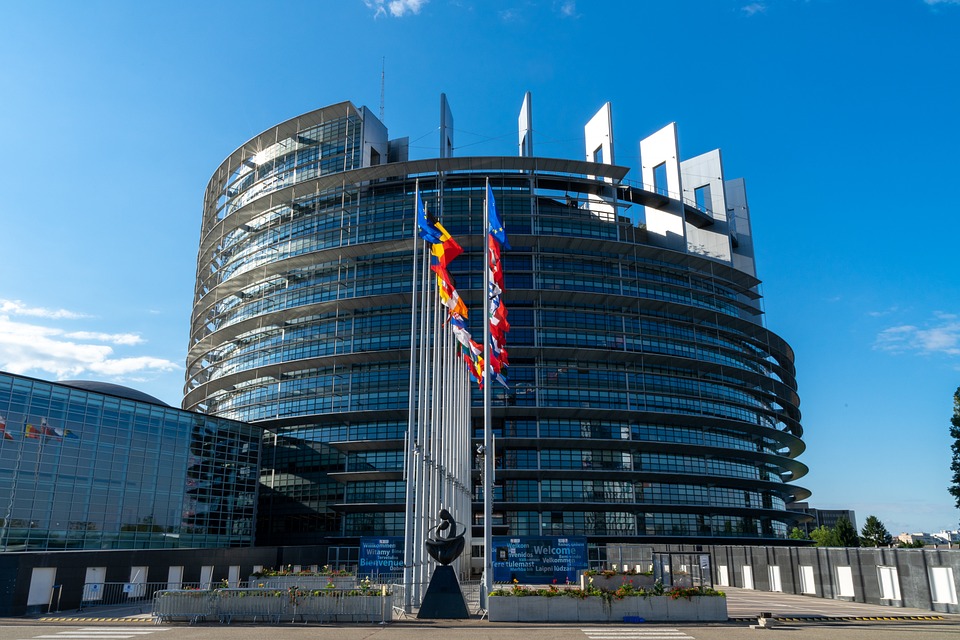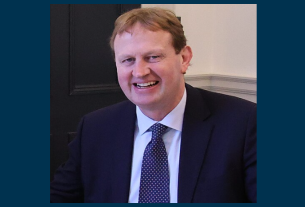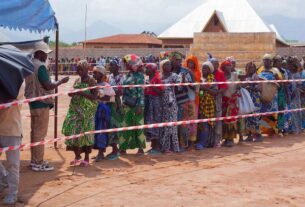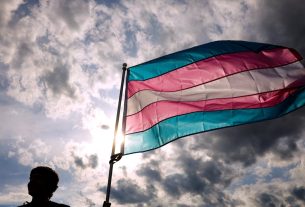Juba, April 12, 2025 — The Government of South Sudan has denied a request by the European Union’s Special Representative to the Horn of Africa, Dr. Annette Weber, to visit First Vice President Dr. Riek Machar, who remains under house arrest in the capital, Juba.
Dr. Weber’s mission to South Sudan on April 10, conducted on behalf of EU High Representative Kaja Kallas, was aimed at addressing growing EU concerns over renewed violence and repeated violations of the 2018 peace agreement. The EU had requested access to Dr. Machar as part of its diplomatic outreach, but the South Sudanese authorities refused.
During her visit, Dr. Weber held high-level meetings with key officials, including Vice President Dr. Benjamin Bol Mel, Information Minister Michael Makuei, Justice Minister Dr. Wek Mamer, and Cabinet Affairs Minister Dr. Martin Elia Lomuro, according to a press statement cited by Radio Tamazuj.
In discussions, Dr. Weber expressed the European Union’s alarm over escalating violence in several regions and what it described as “multiple breaches” of the peace deal signed in 2018. That agreement formally ended a five-year civil war that claimed nearly 400,000 lives and displaced millions.
Machar’s House Arrest Raises Peace Concerns
Dr. Machar, a key opposition leader and the country’s First Vice President under the unity government, has been under de facto house arrest for months—a situation widely viewed by observers and diplomats as a direct threat to the fragile peace accord.
Tensions between President Salva Kiir and Machar, longstanding political rivals, continue to undermine implementation of the Revitalized Agreement on the Resolution of the Conflict in the Republic of South Sudan (R-ARCSS). While the government has not provided an official justification for Machar’s confinement, his restricted movement has drawn increasing international scrutiny.
EU Calls for Peace Process Integrity
The European Union reiterated its commitment to supporting the peace process but warned that political repression and delays in implementing transitional provisions risk destabilizing progress. The EU External Action Service noted that inclusive dialogue and respect for political freedoms are “essential to sustaining peace and preventing relapse into conflict.”
South Sudan, the world’s youngest nation, has faced recurring instability since its independence in 2011. Despite the 2018 agreement, implementation has been slow, with ongoing violence, stalled security sector reforms, and delayed elections continuing to impede progress.
Key Sources:
- Radio Tamazuj, April 11, 2025: www.radiotamazuj.org
- EU External Action Service: Official Statements on South Sudan
- UNMISS Reports on South Sudan Peace Process (2024–2025)
- Global Centre for the Responsibility to Protect (GCR2P)



